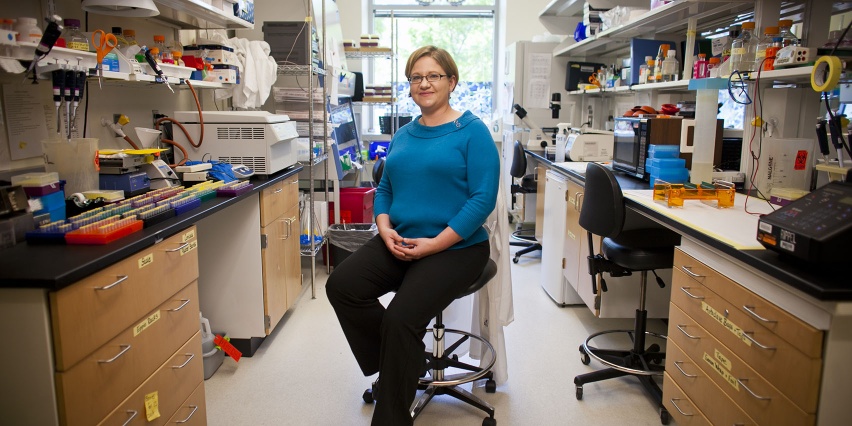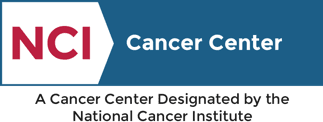
Welcome to the Preclinical Modeling Facility, part of the Preclinical Modeling, Imaging & Testing Core (PMIT) at the Koch Institute. The Preclinical Modeling Facility and the Preclinical Imaging & Testing Facility work very closely together to accelerate translation of laboratory discoveries toward clinical implementation for patients. The PMIT Core combines expertise and instrumentation to:
- Facilitate the generation and high-resolution characterization of disease models
- Assist investigations of the mechanisms of disease development
- Enable the evaluations of drug efficacy and resistance
- Provide the means for testing novel strategies and devices for disease detection and drug delivery
The PMIT Core's mission is to streamline the path from the development of new therapeutic, diagnostic and basic discovery biomedical tools at the bench to their evaluation within a valid biological system.
The Preclinical Modeling Facility provides fee-for-service support to all MIT investigators who utilize specialized cultured cells such as stem cells, primary or established cell lines and anyone generating novel mouse models to study human diseases such as cancer.
Our extensive experience with specialized and standard cell cultures allows us to support in vitro disease modeling with the following services:
- Optimization of finicky cell cultures
- Distribution of common cell lines amongst KI researchers
- Weekly testing for mycoplasma contamination of cultures
- Establishment of new primary mouse cultures
- Cell transfection
- Directed stem cell differentiation
- Troubleshooting sub-optimal cell growth
- Distribution of atypical media additives for specific cell line needs
Our Modeling Facility features state-of-the-art in vivo services, including:
- CRISPR Cas9/Cas12a/Prime Editor mRNA microinjection and Cas9 RNP microinjection for whole-mouse, targeted gene editing
- DNA construct microinjection
- Embryonic Stem (ES) cell targeting and microinjection
We also provide a customizable set of service options to match the specific needs of each project, including consultative advice and troubleshooting, complete tissue culture and microinjection services within our dedicated facilities or hands-on training to enable investigators to perform these experiments either at their own laboratory or within our facilities.
Services are scheduled on a first-come, first-served basis after approval. Access is available to all members of the MIT community, to the extent permitted by available capacity. Priority access is given to KI members, NCI-funded research projects and other contributing user groups in recognition of funding support. In special circumstances, access may be available to non-MIT users (details available on request from the Scientific Director, Aurora Burds Connor).
